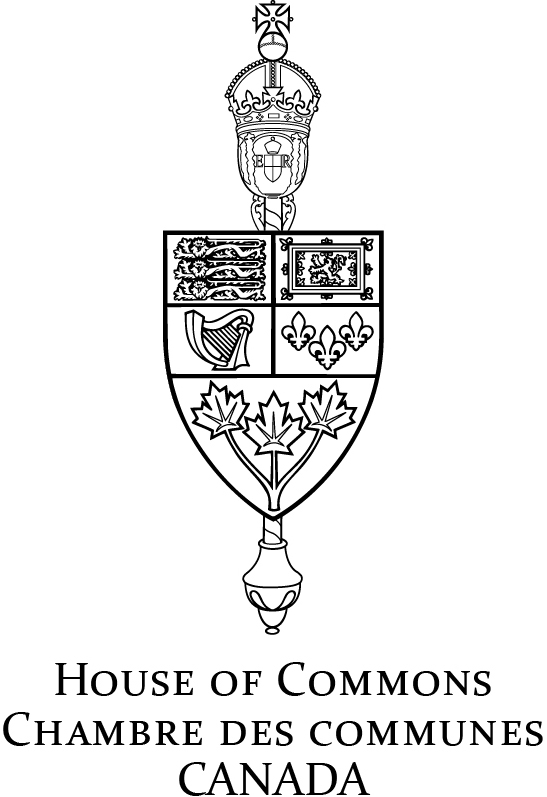ACVA Committee News Release
If you have any questions or comments regarding the accessibility of this publication, please contact us at accessible@parl.gc.ca.
Standing Committee on Veterans Affairs |  | Comité permanent des anciens combattants |
For immediate release
NEWS RELEASE
Veterans Affairs Committee Recommends Repealing “Marriage After 60” Clause for Survivors’ Pensions
Ottawa, December 14, 2022 -
Today, Emmanuel Dubourg, Chair of the House of Commons Standing Committee on Veterans Affairs, presented a report that includes nine recommendations to revamp the survivors’ pensions provided under the Canadian Armed Forces (CAF) and Royal Canadian Mounted Police (RCMP) pension plans.
“For many years now, veterans of the CAF and RCMP and their families have expressed disappointment that spouses are ineligible for survivors’ benefits if the relationship began after the veteran reached age 60,” explained Mr. Dubourg. “Many veterans and their spouses view this clause as being arbitrary and as depriving survivors—who are nearly always women—of additional income at a time when they have to start living alone. Pension plans are complex programs, which is why I’m proud that the Committee members agreed on recommendations that will ensure greater financial security for surviving spouses without compromising the government’s long-term financial responsibilities.”
In the late 1990s, the courts ruled that the “marriage after 60” clause was not discriminatory and was simply designed to contain the government’s costs by setting a limit at the mandatory retirement age for members of the CAF. A similar clause applies to the public service pension plan, but instead of imposing a specific age limit, the clause provides that spouses are not entitled to a survivors’ pension if the relationship began after the pensioner started drawing pension benefits. If a similar clause had applied to CAF and RCMP veterans, they would have been at a disadvantage, because they start receiving their pensions at a younger age than public servants, on average.
Still, the “marriage after 60” clause remains somewhat arbitrary, as it negatively affects some surviving spouses for no reason other than a veteran’s age. Multiple witnesses expressed in particularly heart-wrenching terms their sense of injustice and incomprehension after learning that their spouse would not be eligible for survivors’ benefits because of their age at the time the relationship began.
The government introduced an optional survivor benefit that enables a pensioner to transfer some of their own benefits to a plan for the survivor, which will pay benefits to the spouse if the pensioner dies. As a number of witnesses pointed out, the cost of these contributions is so high that veterans rarely seriously consider this option. Moreover, the accumulated value of the contributions is lost if the spouse predeceases the pensioner, and this option is offered only to legally married spouses. Accordingly, the Committee has issued two recommendations to address the shortcomings of the optional survivor benefit.
The benefits provided by the Veterans Survivors Fund, announced in Budget 2019, will obviously be welcomed by the hundreds of survivors in financial difficulty. However, the problem of the arbitrary nature of the marriage after 60 clause remains. The Committee’s solution is to draw inspiration from the Quebec Government and Public Employees Retirement Plan (RREGOP). This pension plan appears to be the only one in Canada that does not contain an exclusion clause for relationships formed after the pensioner began receiving pension benefits. Under this plan, the person who will receive survivors’ benefits is simply the person who is the pensioner’s spouse at the time of their death. The amount paid is 50% of the benefit the pensioner was receiving at that time. If the pensioner’s pension was reduced following a divorce or because they chose to take early retirement, this reduction will be reflected in the amount of the survivors’ benefit.
Currently, under the CAF and RCMP pension plans, these reductions are not used to calculate the survivors’ benefit. As a result, the survivors’ benefit in many situations is much more than 50% of the veteran’s pension benefit. Given that the federal government currently pays nearly two thirds of all contributions to the CAF pension plan, if the marriage after 60 clause were simply abolished, the additional costs could be significant.
Adopting a formula similar to that of the RREGOP would both eliminate the arbitrary effects of the marriage after 60 clause and limit the government’s long-term financial costs. The Committee therefore recommends taking this approach.
The Committee members are truly grateful to the witnesses who, through their testimony, helped them find constructive solutions to these complex problems.
The Committee would like to thank all those who contributed to this study.
The report is available online on the Committee’s website.
|